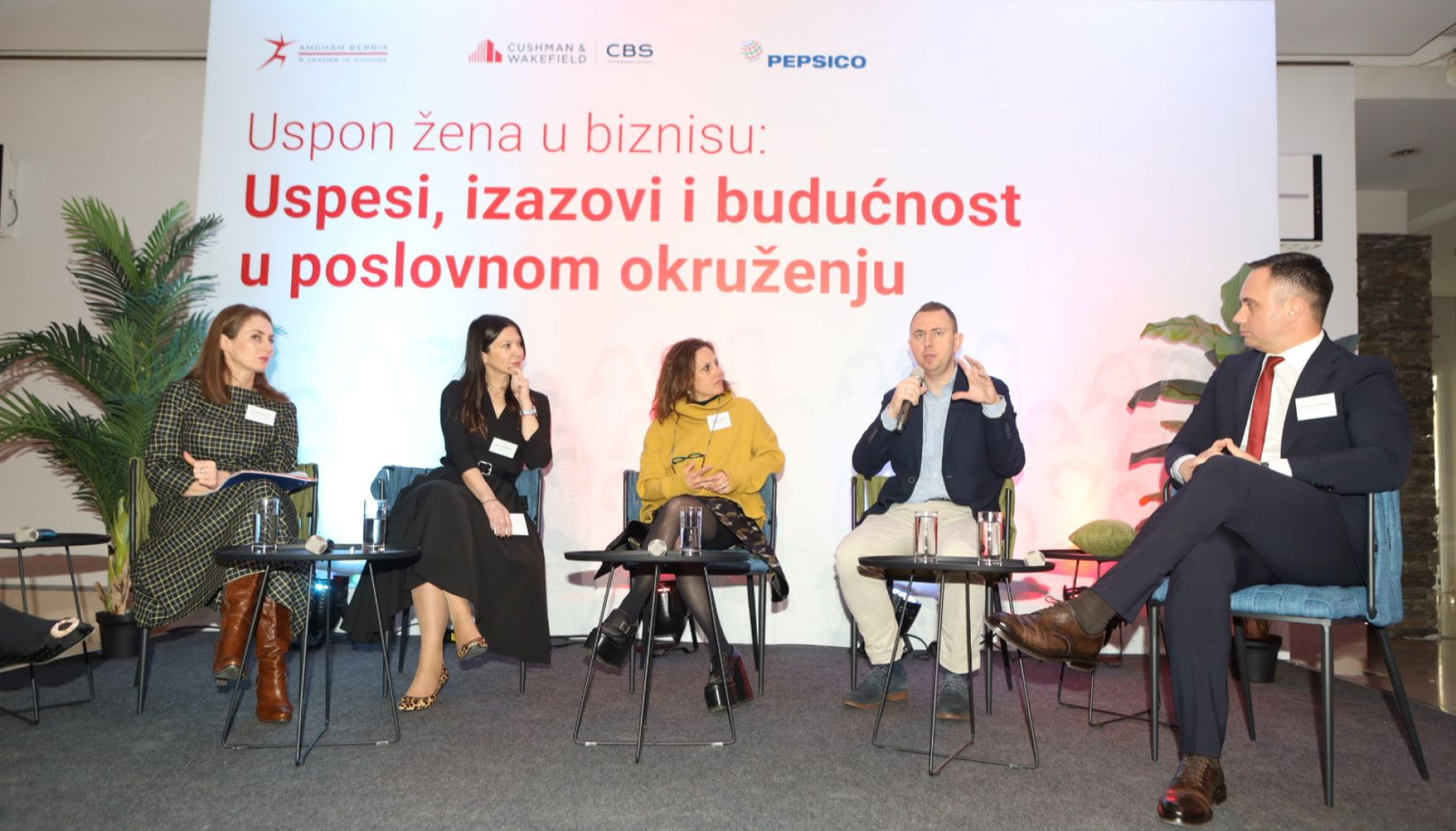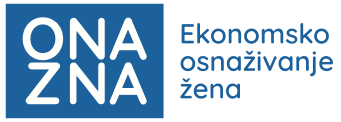
GENDER EQUALITY IS A PRECONDITION FOR DEVELOPED ECONOMIES

“Successes, challenges, and the future of women in the business environment” – is the name of the panel discussion organized on March 8 in Belgrade by the American Chamber of Commerce in Serbia (AmCham). On this occasion, key issues related to the equality of women in the business world were highlighted.
Stefan Lazarević, president of AmCham, emphasized the importance of developing a culture of gender equality in the business environment, with the active involvement and support of men. He emphasized that improving gender equality in the business world is one of the prerequisites for building sustainable and advanced economies. “Through actively encouraging a corporate culture that nurtures gender equality, with the engagement and support of men, conditions are created where all individuals can develop and progress regardless of gender,” said Lazarević.
AmCham, through partnerships with relevant institutions and organizations, as well as active participation in projects like “She Knows” – the Economic Empowerment of Women project supported by USAID, strives to empower women in the workplace, help remove obstacles affecting their professional development and work, with the ultimate goal of developing a better society.
This project is implemented under the leadership of Impact Hub, in partnership with AmCham, UN Women, the Center for Development of Jablanica and Pcinja Districts, and Erste Bank. “All USAID projects and strategies are based on the principles of gender equality,” said Jelena Mihajlović, project manager of “She Knows” from USAID.
Brankica Janković, Commissioner for the Protection of Equality, emphasized the importance of raising awareness about gender equality and the obligations awaiting employers according to EU regulations: “The prejudices that women cannot be good managers and business leaders must be overcome as soon as possible so that the economy can achieve significant growth. Data from the European Institute for Gender Equality shows that improving gender equality by 2050 would lead to an increase in the EU’s GDP per capita by 6.1 to 9.6%, amounting to 1.95 to 3.15 trillion euros. Changes are complex and consist of processes that have their dynamics, influenced by various factors, including the recently adopted EU directive, the development of artificial intelligence, and the increased number of women in STEM sciences, but also the thinking and actions of people who should bring about these changes,” said Janković, emphasizing that only directives and laws are not enough to bring about the desired change, but a determined and broad engagement of the whole society is needed.
Panel participants agreed that the issue of gender equality is fundamentally connected with overcoming prejudices in practice, economic and social status, and is crucial for strengthening the economy of each individual country. The event was organized with the support of CBS International and PepsiCo.



